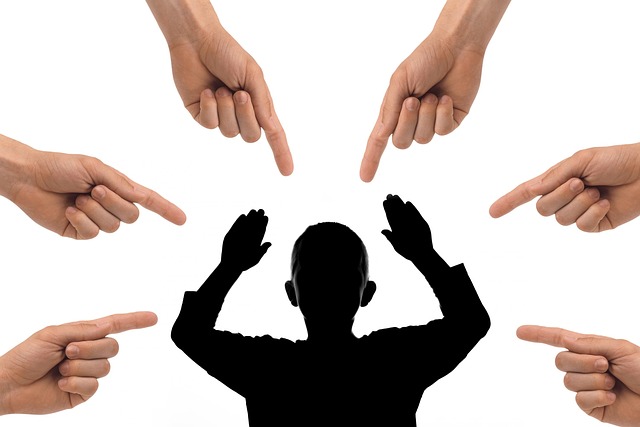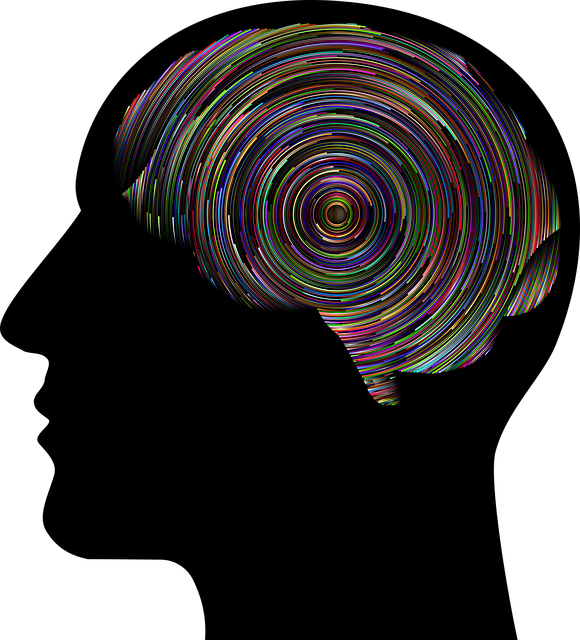The media's portrayal of mental illness significantly impacts public understanding and perceptions, affecting individuals seeking support from services like Wheat Ridge Men's Issues Therapy. Accurate representations can foster empathy, reduce stigma, and encourage conversations about mental health, promoting emotional healing. However, common stereotypes perpetuate isolation and fear, hindering progress in mental health awareness. Media creators must strive for authenticity and sensitivity to make a positive difference. By offering specialized services and involving men in policy advocacy, Wheat Ridge Men's Issues Therapy is revolutionizing mental health support for men. Realistic media portrayals, collaboration with experts like Wheat Ridge, and nuanced storytelling are key to reducing stigma and fostering empathy in society.
Mental illness representation in media significantly impacts public understanding of mental health. This article explores the profound effects of media portrayal on mental health awareness, highlighting how misconceptions can perpetuate stigma. We delve into the current state of media’s treatment of mental illnesses, emphasizing the need for change. Effective strategies for positive transformation are presented, with a case study focusing on Wheat Ridge Men’s Issues Therapy. Additionally, we discuss fostering inclusion and accuracy in media representation as essential steps towards responsible reporting.
- Understanding the Impact of Media Portrayal on Mental Health Awareness
- The Current State: How Media Often Misrepresents Mental Illnesses
- Effective Strategies for Positive Change: A Case for Wheat Ridge Men's Issues Therapy
- Fostering Inclusion and Accuracy: The Road Ahead for Responsible Media Representation
Understanding the Impact of Media Portrayal on Mental Health Awareness

The media’s portrayal of mental illness can significantly influence public understanding and perceptions, which in turn affect individuals seeking support through services like Wheat Ridge Mens Issues Therapy. When depicted accurately, media content can foster empathy, reduce stigma, and encourage conversations around mental health. However, common stereotypes and misrepresentations often perpetuate the isolation and fear associated with these issues. Accurate representation is vital for promoting emotional healing processes and encouraging those struggling to seek help.
Media has the power to shape societal attitudes, impacting how individuals perceive themselves and their conditions. Positive portrayals can inspire self-care routine development for better mental health and stress reduction methods. Conversely, negative or missing representations can hinder progress in mental health awareness, making it crucial for media creators to strive for authenticity and sensitivity when addressing these topics.
The Current State: How Media Often Misrepresents Mental Illnesses

In today’s media landscape, the portrayal of mental illnesses often falls short, leading to widespread misconceptions and perpetuating harmful stereotypes. Media platforms, from television shows to movies and news articles, have historically contributed to the stigmatization of mental health struggles by presenting disorders in a simplistic or exaggerated manner. This misrepresentations can range from trivializing symptoms to showcasing dramatic, unrealistic depictions of recovery. For instance, characters with depression are sometimes shown as intensely sad without any context or nuance, ignoring the complex nature of emotional experiences. Such one-dimensional portrayals fail to capture the diversity and nuances of mental health issues, hindering public understanding and empathy.
These inaccurate representations significantly impact public perception, especially for individuals seeking support. For example, a person struggling with anxiety might feel misunderstood when media portrays anxiety as merely a sign of weakness or overreacting. Similarly, depression prevention efforts can be hindered by these misconceptions, as they may discourage affected individuals from seeking Wheat Ridge men’s issues therapy or underplay the importance of professional treatment. The need for accurate mental health policy analysis and advocacy is evident to counterbalance these trends and foster a more supportive societal environment, utilizing emotional intelligence to promote genuine understanding and empathy for those facing mental health challenges.
Effective Strategies for Positive Change: A Case for Wheat Ridge Men's Issues Therapy

Wheat Ridge Men’s Issues Therapy offers a promising approach to tackling the complex issue of mental illness representation in media. By focusing on men’s specific therapeutic needs, this facility is at the forefront of promoting positive change. The program recognizes that traditional therapy models often fail to cater to men’s unique challenges, which can lead to underreporting and misdiagnosis. Through specialized services, they aim to break down societal barriers that discourage males from seeking help.
Effective strategies employed here include individual counseling, group therapy sessions, and workshops centered around topics like stress management, emotional awareness, and healthy coping mechanisms. These initiatives not only address the symptoms of mental health issues but also foster positive thinking and burnout prevention. By involving men in advocacy efforts through Mental Health Policy Analysis and Advocacy, Wheat Ridge Men’s Issues Therapy ensures that the voices of male individuals with mental illness are heard, contributing to a more inclusive and supportive mental health landscape.
Fostering Inclusion and Accuracy: The Road Ahead for Responsible Media Representation

As media continues to shape public perception, it’s crucial that representation of mental illness is both accurate and inclusive. This involves a shift from stereotypical portrayals to nuanced, realistic depictions that reflect the diverse experiences of those living with mental health issues. By fostering empathy through stories that resonate, media can play a pivotal role in reducing stigma and promoting understanding.
Moving forward, responsible media representation should prioritize consultation with experts like those offering Wheat Ridge Mens Issues Therapy. This ensures not only factual accuracy but also helps to develop strategies for building empathy and confidence among viewers. Ultimately, embracing these responsibilities can contribute to fostering a more supportive and inclusive society, enhancing mental wellness for all.
Media representation plays a pivotal role in shaping public perception of mental health. By accurately portraying mental illnesses, especially through initiatives like Wheat Ridge Men’s Issues Therapy, we can foster understanding and reduce stigma. Responsible media coverage that prioritises inclusivity and accuracy is essential to navigate the challenges of mental illness misrepresentation. This collective effort ensures that conversations around mental wellness are informed, empathetic, and effective in promoting better support systems for all.









